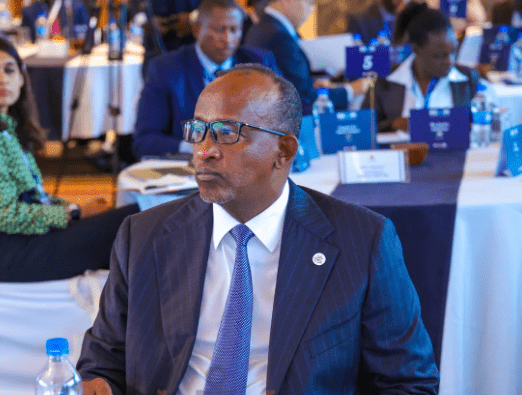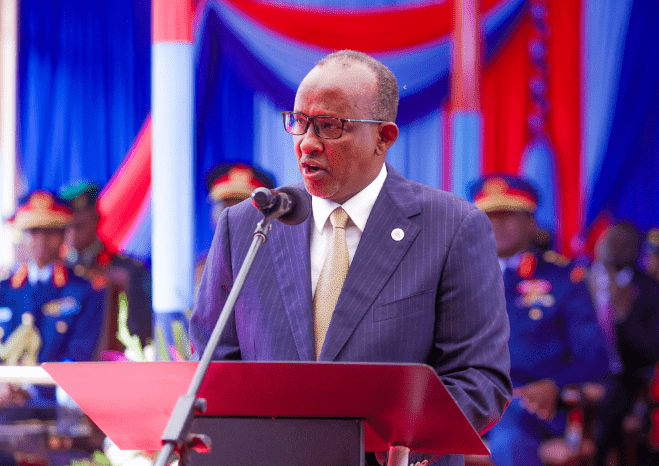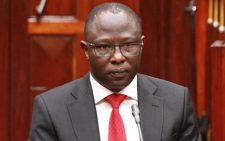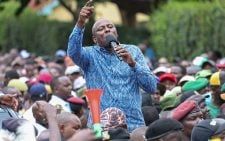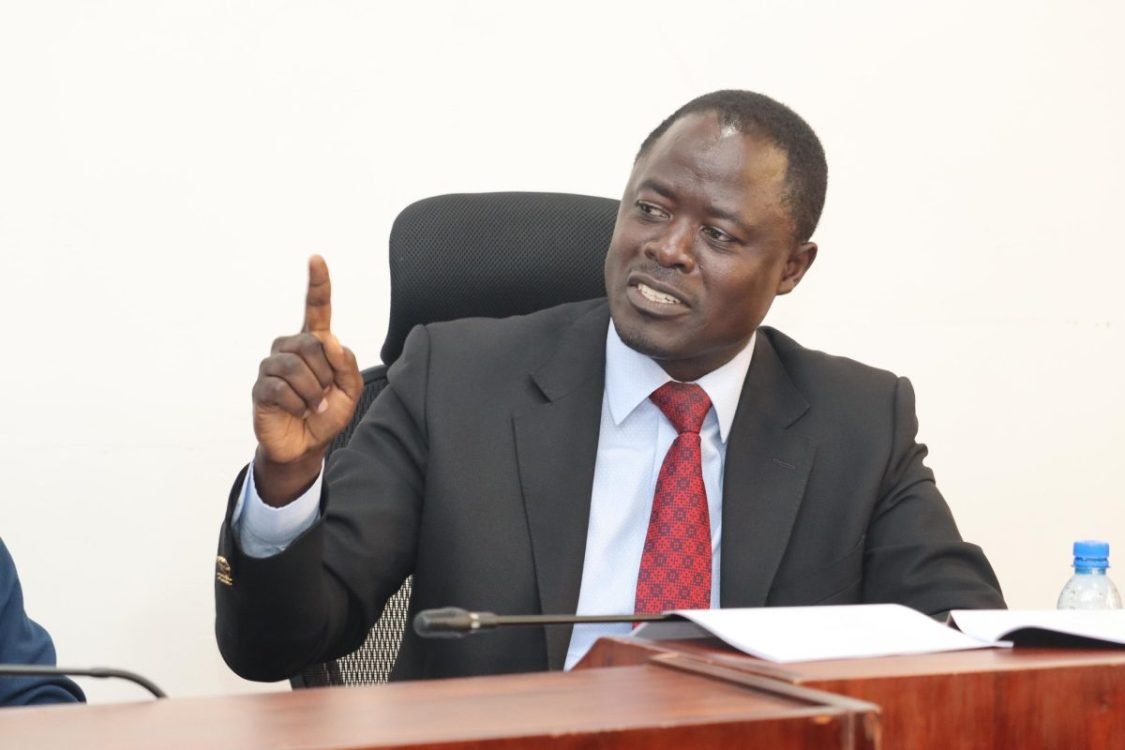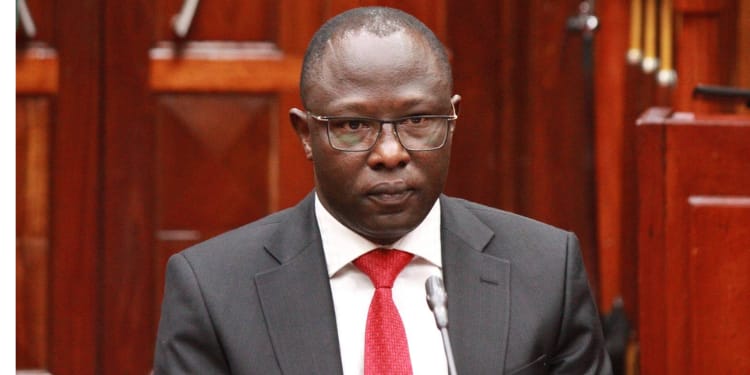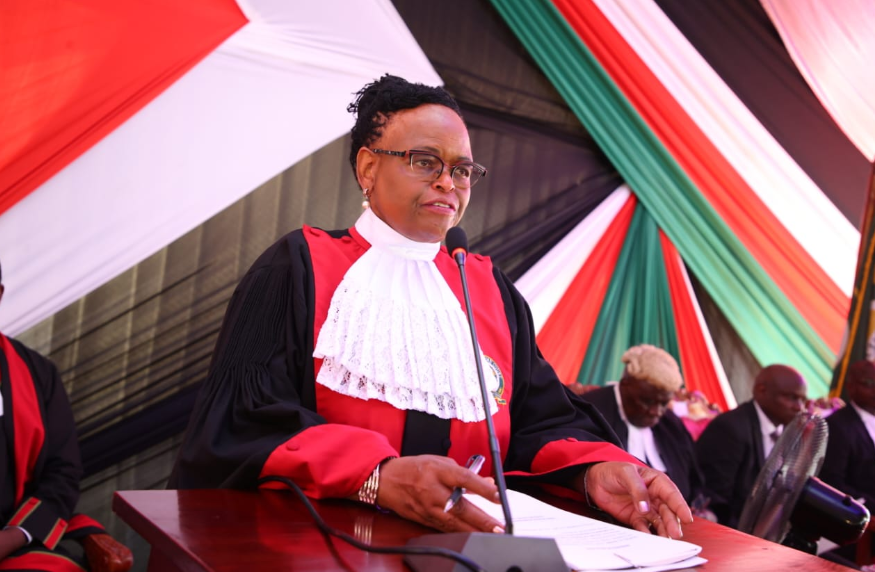Duale: Why Kenya Kwanza is majority in National Assembly

Garissa Township Member of Parliament Aden Duale has rubbished claims by the Azimio la Umoja – One Kenya coalition leaders that they are the majority in the 13th Parliament.
In a statement on Sunday, August 18, Duale insisted that Kenya Kwanza MPs are the majority in the House, a day after the two main coalitions unveiled their lineups.
The two outfits are jostling for the plum majority positions in the National Assembly with each claiming they have the majority.
The contest follows a move by some members elected on parties affiliated with Raila Odinga-led Azimio to defect to Kenya Kwanza following the election of William Ruto as the country’s fifth President.
Azimio bases its numerical strength on the pre-election coalition agreement. The Raila camp argues that the parties can only disengage from the coalition after three months after the August 9 general election.
Duale defends defectors
While poking holes into Azimio’s claims, Duale alleged that some of the parties that have bolted out of Azimio were coerced into signing the pact.
In what the outspoken legislator termed as legal arguments to support his assertion, Duale defended the defectors saying they were entitled to freedom of association.
“Article 36(1) of the Constitution provides that every person has the freedom of association which includes the right to form, join and participate in the activities of any association. Article 36(2) further provides that a person shall not be compelled to join an association of any kind,” Duale said.
“Several Parties including the MDG, PAA, UDM and Maendeleo Chap Chap joined the Kenya Kwanza Coalition in furtherance of their freedom of association under Article 36(1) of the Constitution and in seeking to align with like-minded parties to ensure service to the People of Kenya.”
He noted that a person can not be compelled to join associations of any kind.
“It is notable that whereas these Parties may have allegedly signed pre-election coalition agreements with the Azimio Coalition, the execution of such agreements was also characterized by coercion and intimidation from security organs,” he added.
“In this regard, any such pre or post-election coalition agreements by the Parties to be part of the Azimio Coalition are contrary to Article 36(2) of the Constitution which provides that a person cannot be compelled to join associations of any kind.
“Further, the agreements are also void to the extent that the coalition agreements were tainted with coercion and lack of free will by the Political Parties and hence are a nullity in law.”
According to Duale, Article 38 of the Constitution provides for the Political Parties Rights which includes the right to make political choices.
“The Parties have been unequivocal that they have since formed a pact with the Kenya Kwanza Coalition,” he said.
“Any explanation advanced to negate the free will of the Political Parties that have formed pact with the Kenya Kwanza Coalition is hence unconstitutional and falls flat on the face of Articles 36 and 38 of the Constitution.”
He further argues that no MP was elected to parliament on an Azimio coalition party ticket but on individual parties forming the coalition.
“Azimio La Umoja OKA political party is registered as a political party under section 7(7 )of PPA 2011 and it was issued with a certificate of full registration. It was, therefore, eligible to field candidates in all elective positions but only fielded for presidential,” the MP stated.
“Azimio La Umoja OKA Political Party, therefore, has no elected members in Parliament.
“Secondly, on matters Political Parties Fund, the party does not qualify for the fund since it doesn’t have any elected members as per section 25(2(c)) which requires that a political party should have (i) an elected member of the National Assembly; (ii) an elected member of the Senate; (iii) an elected Governor; or (iv) an elected member of a county assembly. The party only fielded a presidential candidate who was not elected.”

